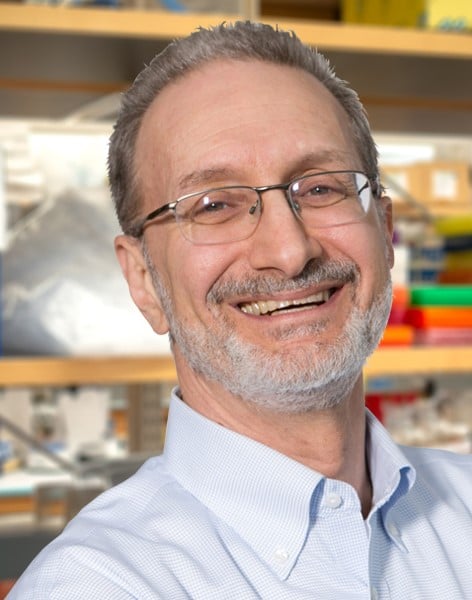- Bach, Ingolf
- Baehrecke, Eric
- Benanti, Jennifer
- Bergmann, Andreas
- Brodsky, Michael
- Cantor, Sharon
- Castilla, Lucio H.
- Ceol, Craig
- Fazzio, Thomas
- Flavahan, William
- Gottlinger, Heinrich
- Gregory, Richard
- Haynes, Cole
- Kaufman, Paul
- Kelliher, Michelle
- Kim, Dohoon
- Lawson, Nathan D.
- Lewis, Brian
- Lodato, Michael
- Mao, Junhao
- Mercurio, Arthur
- Ruscetti, Marcus
- Shaw, Leslie
- Simin, Karl
- Socolovsky, Merav
- Tissenbaum, Heidi A.
- Torres, Eduardo
- Wang, Yong-Xu
- Wolfe, Scot A.
- Zhang, Hong
- Zhu, Julie
- Bach, Ingolf
- Baehrecke, Eric
- Benanti, Jennifer
- Bergmann, Andreas
- Brodsky, Michael
- Cantor, Sharon
- Castilla, Lucio H.
- Ceol, Craig
- Fazzio, Thomas
- Flavahan, William
- Gottlinger, Heinrich
- Gregory, Richard
- Haynes, Cole
- Kaufman, Paul
- Kelliher, Michelle
- Kim, Dohoon
- Lawson, Nathan D.
- Lewis, Brian
- Lodato, Michael
- Mao, Junhao
- Mercurio, Arthur
- Ruscetti, Marcus
- Shaw, Leslie
- Simin, Karl
- Socolovsky, Merav
- Tissenbaum, Heidi A.
- Torres, Eduardo
- Wang, Yong-Xu
- Wolfe, Scot A.
- Zhang, Hong
- Zhu, Julie
Michael Brodsky, Ph.D.
| Assistant Professor |  |
|
| Ph.D.: 1996, Massachusetts Institute of Technology | ||
| Postdoctoral research: University of California, Berkeley | ||
| Office: | UMass Chan Medical School 364 Plantation Street, LRB-626 & 55 Lake Avenue North, N8-1019 Worcester, MA 01605 |
|
| Phone: | 508-856-1640 | |
| Email: | Michael.Brodsky@umassmed.edu | |
Research
We are developing CRISPR-Cas9-based methods to inactivate or correct the mutant gene that causes autosomal dominant Huntington’s disease (HD). We collaborate with multiple research groups to apply gene editing techniques to develop methods to model or correct human genetic disorders in cell lines and rodent models.